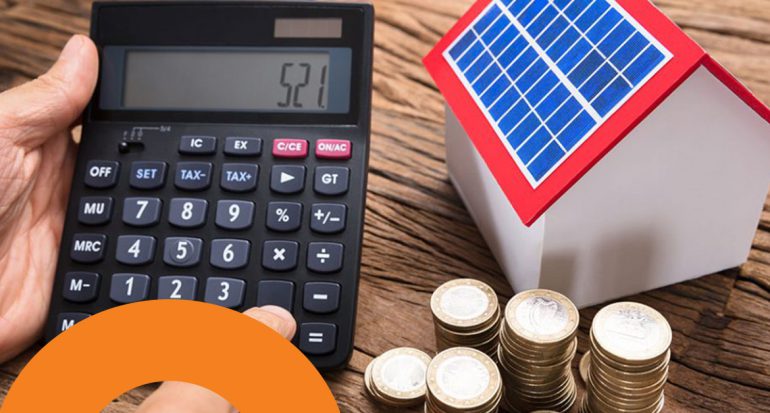If as a family you have decided to make the shift to renewable energy and acquire a solar system, it is now important to know … how is your solar system and your daily energy use calculated?
The ability to perform the calculation to know exactly the amount of solar panels, batteries, and equipment necessary for your home to run as normal as your family is accustomed, and what will be the price that the system will cost, is complicated. It is advisable to seek the advice of experts in solar energy to independently assess the needs of each case because no two families (or two consumptions) are the same.
An expert in solar systems with vast experience can help you, first of all, to assess what are the individual needs of your home, in energy terms and hence offer them the best alternatives in the market. However, when requesting this service, it is important that you know the following elements that will help you when it comes to knowing how your solar system is calculated.
Have the last 12 bills of the Electric Power Authority on hand and where the breakdown of consumption per month appears. In this way, you can evaluate what the “energy use” is, utilizing the average consumption of kilowatts per hour (KW) that you need in a month. It is estimated that, in Puerto Rico, the average KW consumption is between 800 and 1000 KW per month.
Find energy saving alternatives that you can do at home before converting your total energy dependence system to a solar system. This includes changing the electric water heater for a solar one and changing the main fixtures such as the clothes dryer and the stove for propane gas. These changes will help you reduce energy consumption and make your home run efficiently with a smaller investment in a solar system.
It is important to make clear that the size of the house is not the most important when calculating the specifications that your solar system should have. In this case, it is about knowing what family consumption is, which determines the capacity that the solar system should be able to supply. Factors such as how many people live in the house and the ages, what appliances they use and how much, computers, printers, hair dryers, how many times a week they wash and dry clothes and even how much they cook in the house, are important elements that you must consider when knowing how your solar system is calculated for daily energy use.
Finally, it is important to decide if you want a system that offers total independence, where you can produce your own solar energy and have a back-up battery system or if you only want something partial with some degree of dependence. This decision directly influences the number of panels and solar energy needed to keep the house always running normally.
Making the switch to a solar system not only helps reduce your monthly electricity bill and allows you to enjoy renewable and clean energy every day of the year, but also reduces the amount of carbon monoxide that is generated, helping to reduce global warming. What are you waiting for? Calculate your solar system and make the change.



